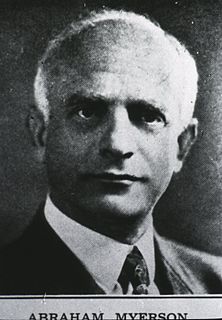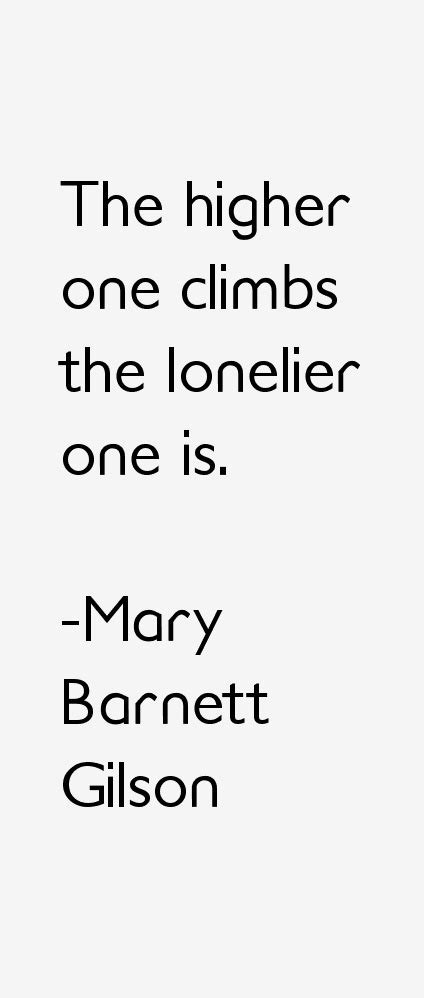A Quote by Abraham Myerson
The more ignorant the authority, the more dogmatic it is. In the fields where no real knowledge is even possible, the authorities are the fiercest and most assured and punish non-belief with the severest of penalties.
Related Quotes
How ignorant we are! How ignorant everyone is! We can cut across only a small area of the appallingly expanding fields of knowledge. No human being can know more than a tiny fraction of the whole. It must have been satisfactory in ancient times when one's own land seemed to be the universe; when research studies, pamphlets, books did not issue in endless flow; when laboratories and scientists were not so rapidly pushing back frontiers of knowledge that the process of unlearning the old left you gasping for breath.
I don't think that writing, real writing, has much to do with affirming belief--if anything it causes rifts and gaps in belief which make belief more complex and more textured, more real. Good writing unsettles, destroys both the author and the reader. From my perspective, there always has to be a tension between the writer and the monolithic elements of the culture, such as religion.
All political theories assume, of course, that most individuals are very ignorant. Those who plead for liberty differ from the rest in that they include among the ignorant themselves as well as the wisest. Compared with the totality of knowledge which is continually utilized in the evolution of a dynamic civilization, the difference between the knowledge that the wisest and that the most ignorant individual can deliberately employ is comparatively insignificant.
Each member of society can have only a small fraction of the knowledge possessed by all, and...each is therefore ignorant of most of the facts on which the working of society rests...civilization rests on the fact that we all benefit from knowledge which we do not possess. And one of the ways in which civilization helps us to overcome that limitation on the extent of individual knowledge is by conquering intelligence, not by the acquisition of more knowledge, but by the utilization of knowledge which is and which remains widely dispersed among individuals.































